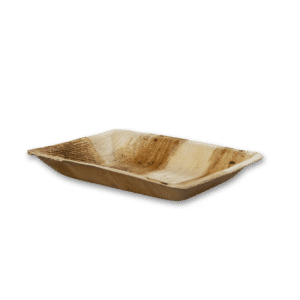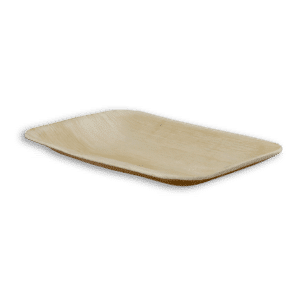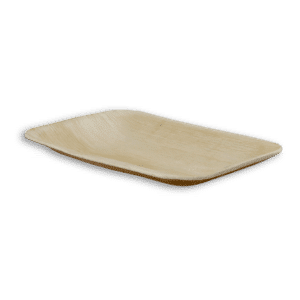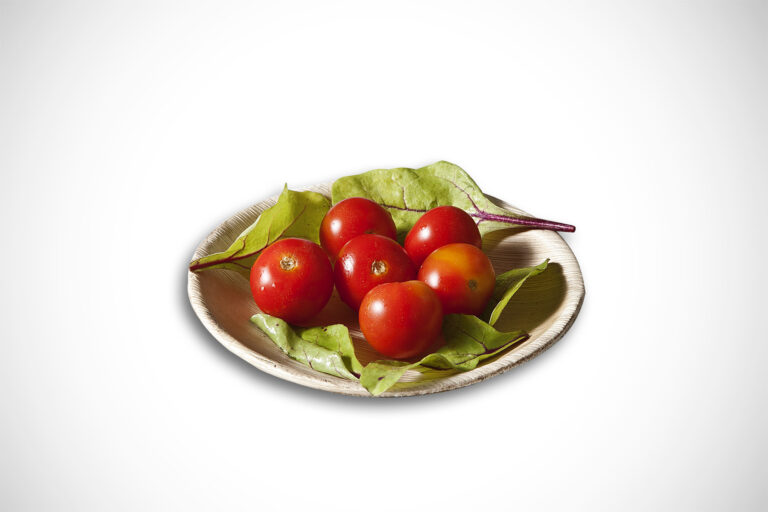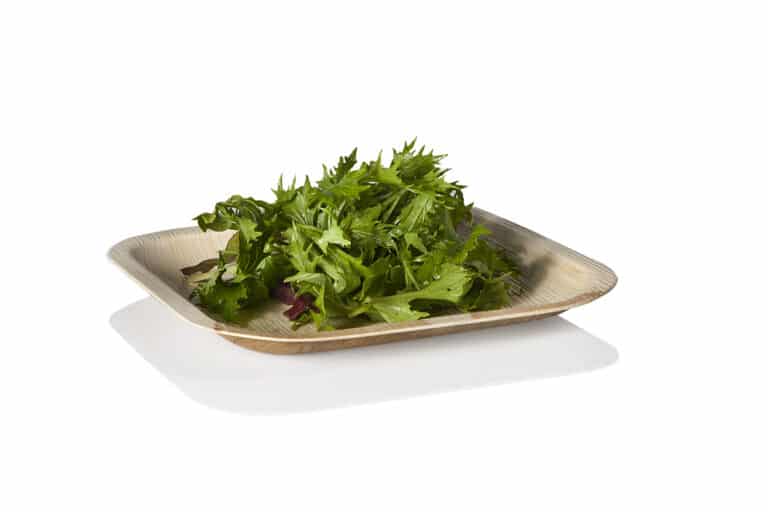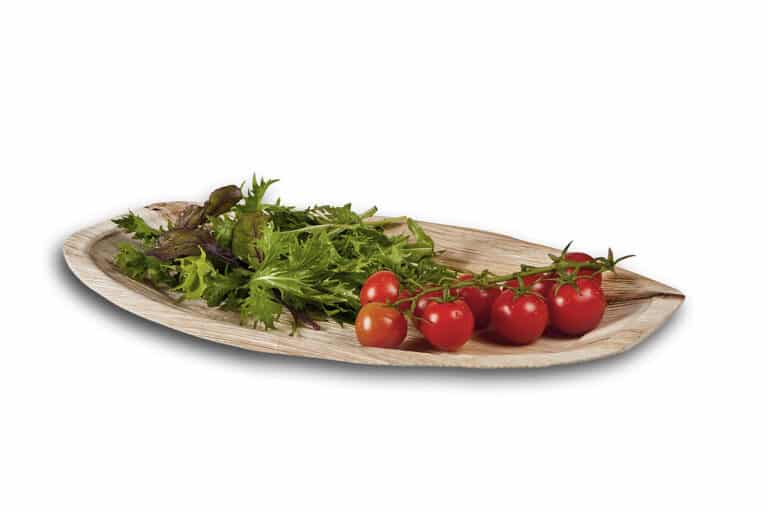What do these definitions mean exactly? Can a product be compostable but not sustainable? And is it true that Areca palm leaf plates are really biodegradable, compostable and sustainable all together? Here is an explanation of every definition.
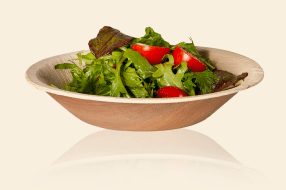
Eco- friendly:
The term “eco-friendly” gets thrown around a lot. You can see it on labels for everything from sandwich bags to sheet sets. Since it’s used so often, it can be hard to understand the importance of eco-friendly lifestyles and products. If you aren’t sure what the word truly means, there’s a big risk of being mistaken by companies claiming to be eco-friendly to the environment.
Eco is a short cut for ecology, the system of relationships between living things, and with their environment. Friendly implies beneficial, or at least not harmful. It should be known that the term eco-friendly, when added to services or products, indicates positive, or at least not harmful, effects on living things.
Unfortunately, there is no regulation of the use of the term. Therefore some companies use this term claiming their products are eco-friendly, but the reality is a bit different. In these cases, you can easily spot greenwashing.
Compostable:
Composting is taking food scraps, plants and other organic matter and returning it to the earth to create a nutrient rich soil.
Compostable materials are materials that are certified to break down completely into non toxic components (water, carbon dioxide and biomass), that will not harm the environment, given the right conditions. The time it takes for something to break down depends largely on the product itself and the composting conditions.
A compostable product, in our case Areca sustainable leaf plates, is in other words, a zero waste product. It indicates something that can be consumed and recovered without discharges to land, water or air that threaten the environment of human health.
After saying all this, you understand by now that composting is one of the best ways to reduce waste and household waste. A household can reduce their trash from 30-60% just by composting.
Biodegradable:
Biodegradable products are those that can be consumed by living microorganisms like fungi or bacteria. This helps to break them down into compounds that are found in nature.
A biodegradable product will eventually break down into a few organic materials under the right conditions. This could be a product like a plastic lined paper coffee cup. While the paper will break down, and eventually the plastic, there is still microplastic left behind.
So basically, every product in the world is biodegradable. Even metals and plastics will eventually break down into its component parts, if given enough time. Though they might end up being far worse for the environment in their new form.
The conditions:
Another fact of biodegradability that should be considered are the conditions surrounding any particular material. For example, products that safely biodegrade in nature or in a compost, will take much longer to biodegrade if they wind up in a landfill. The amount of light, water, bacteria and toxins are all factors to be considered when judging how biodegradable an item is.
To simplify, everything that is compostable is obviously also biodegradable. However biodegradable does not always mean compostable.
Sustainable:
There is no universally agreed definition of sustainability. In fact, there are many different viewpoints on this concept.
Basically, Sustainability is based on a simple principle. Everything that we need for our survival and well-being depends, either directly or indirectly, on our natural environment. To pursue sustainability is to create and maintain the conditions under which humans and nature can exist in productive harmony to support present and future generations.
So we can understand that sustainability is based on three levels: the economy, society and the environment. Or one can say, profit, people and planet.
Now we had enough of definitions, let’s have a look at this checklist to see if a product is sustainable:
The sustainable checklist:
- Is the product made from renewable resources?
- Does the product create zero waste?
- Doesn’t directly harm the environment: The production, distribution, and/or consumption of the product uses as little energy as possible, and minimizes and responsibly disposes of waste. Almost no action is completely free from environmental impact, so most environmentally conscious companies strive to minimize negative impact.
- Wasn’t made in a socially irresponsible way.
- Does the product provide environmental, social and economical benefits, throughout the entire lifecycle?

To conclude, it is easily understood that unfortunately there is not enough regulation and standardization in our world. Many companies use this situation for their own benefits without giving a real explanation why their product is eco-friendly.
Also understood, is that a sustainable product is a product on top of the pyramid.
To find a sustainable product is much harder to find than a compostable or an eco friendly product.
To find a sustainable, zero waste and compostable plate is even harder.
After reading this short blog, you know that Areca palm leaf plates are sustainable, compostable, biodegradable and eco friendly. They are the best, by far, that you can find in the market for you, for the environment and for your clients.

